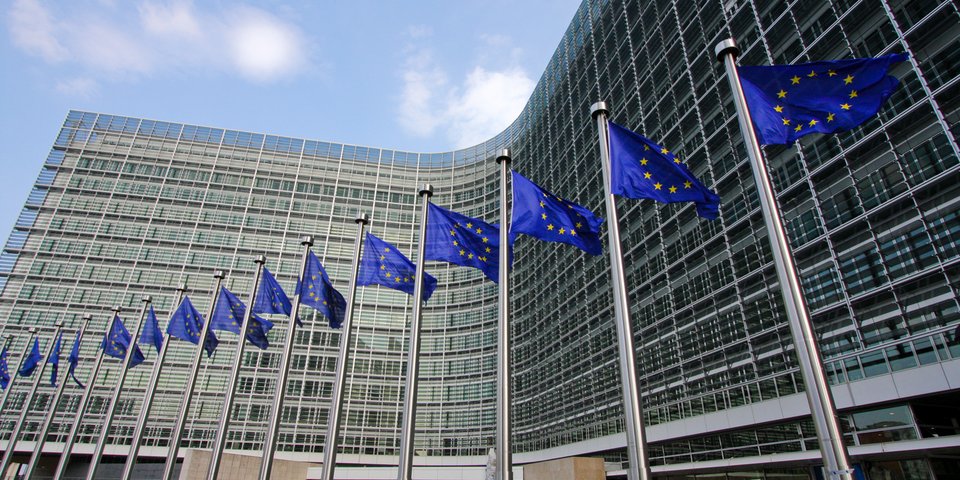 iStockphoto/Joris Van Ostaeyen
iStockphoto/Joris Van OstaeyenEuropean Semester 2023
Employment and social policy priorities
MB – 03/2023
In January, the Committee on Employment and
Social Affairs (EMPL) adopted the draft report "European Semester for Economic Coordination: Employment and Social Policy Priorities for 2023" which was the subject of a debate in the European
Parliament on 14 March. The European
Parliament adopted the report.
European Semester
The
European Semester for economic policy coordination was introduced in 2011. It has set Processes from a preparation phase to an
implementation phase. The aforementioned debate took place in the context of
the vote on the political guidelines, in which an opinion on the employment
guidelines is voted on in the European Parliament.
Committee Report
By way
of introduction, the report describes the initial situation and sees the EU in
another year of crisis. In the wake of the COVID-19 pandemic, the consequences
of climate and digital change, now comes the problem of energy and in-work povertyin
the individual Member States - triggered by the Russian war of aggression
against Ukraine:
- Energy
poverty as more and more Union citizens have problems paying their gas and
electricity bills
- In-work
poverty because the high inflation rate cannot be compensated by wage
increases, thus leading to workers losing their purchasing power.
The two aforementioned problems thus reinforce social
inequalities within the EU as well as within the Member States. This runs
counter to the fight against social exclusion as one of the objectives of Art. 9 TFEU.
Social orientation
In the Committee's view, the European Semester 2023 must find an
answer to this. Therefore, it should have a strong social dimension this year.
Specifically, the Committee links this to the following demands,
among others:
- Prompt implementation of the Directive (EU) 2022/2041 on minimum wages by the Member States,
- Creation of the permanent instrument "Support to mitigate
Unemployment Risks in an Emergency" (SURE instrument),
- Conversion of the European Council recommendation on a minimum income scheme into a directive.
Other starting points of the Committee are already the subject
of current political discussion in Germany as the Federal Government is
currently discussing the necessary funds for a basic child allowance or
regulations that would in particular ensure affordable access to energy are already in force.
Climate change and EU industrial strategy to be taken into account
The EMPL welcomes the European Commission's proposal to exclude
expenditure and investment in social security systems from the calculation of
the deficit according to the "Maastricht criteria". The Committee
members call for social security systems to be adapted to climate change at
Member State level, with financial support from the EU, for example with regard
to sickness cover in the event of climate change-related events.
The EU industrial strategy should also take this into account by
addressing health, safety at work and social protection in the context of
"good working conditions". The call for a new mental health directive
to prevent psychosocial risks at the workplace is likely to be related to this
(see also News 2/2023). The European Parliament has adopted the report (voting result).
